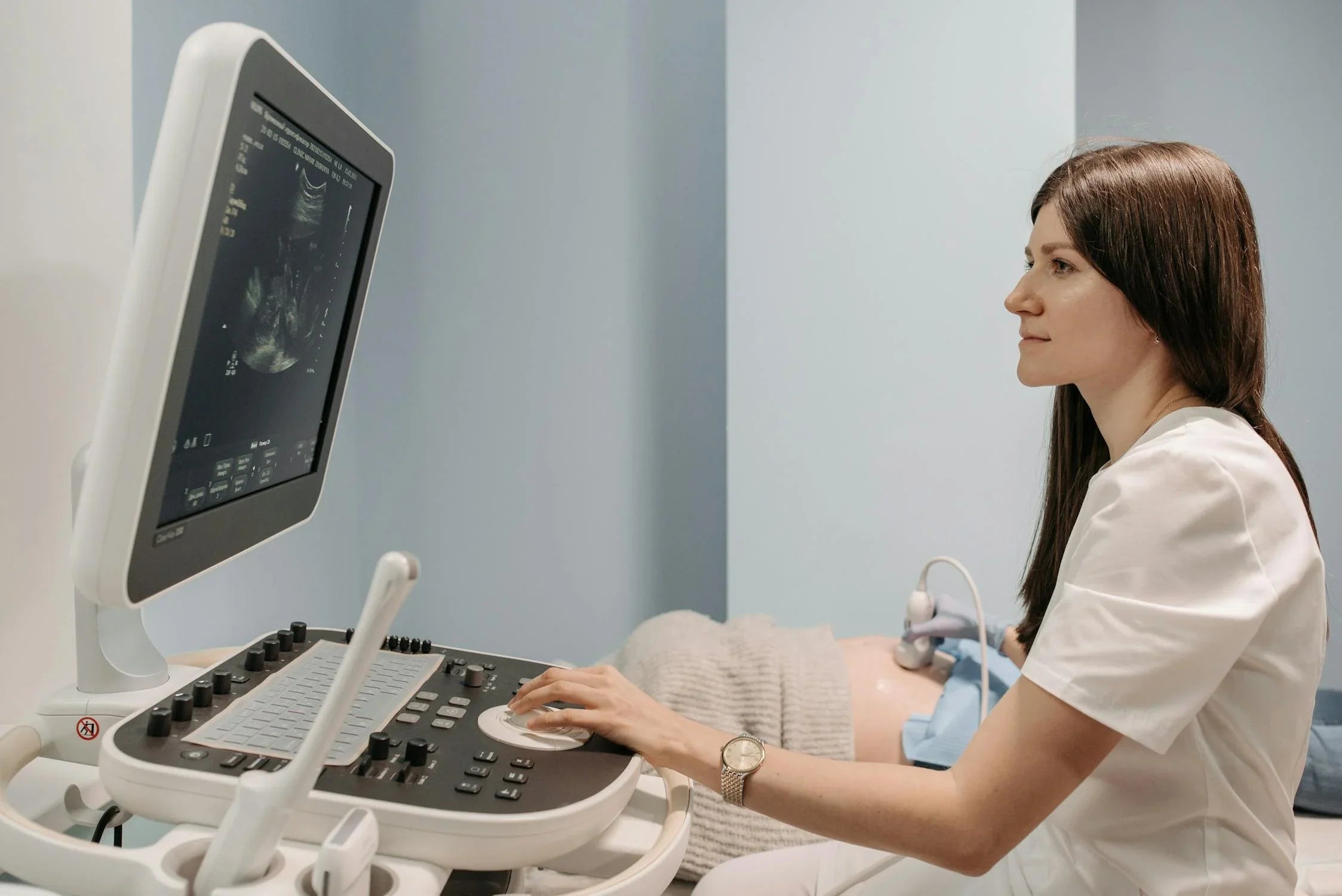Accueil
Pregnancy, Breastfeeding, and Pumping: The Ultimate Guide for Moms
Can the Pill Affect a Pregnancy Test? Exploring the Facts

Can the Pill Affect a Pregnancy Test? Exploring the Facts
When it comes to family planning and reproductive health, questions often arise about the reliability of pregnancy tests and the potential impact of contraceptive methods. One common query is: Can the pill affect a pregnancy test? This article delves into the science behind pregnancy tests, how contraceptive pills work, and whether they can interfere with the accuracy of these tests.
Understanding Pregnancy Tests
Pregnancy tests are designed to detect the presence of human chorionic gonadotropin (hCG), a hormone produced by the placenta shortly after a fertilized egg attaches to the uterine lining. Most over-the-counter pregnancy tests are highly accurate when used correctly, typically detecting hCG levels as low as 25 mIU/mL.
How Contraceptive Pills Work
Contraceptive pills, commonly referred to as the pill, contain synthetic hormones that prevent ovulation, thicken cervical mucus to block sperm, and thin the uterine lining to prevent implantation. These hormones include estrogen and progestin, which regulate the menstrual cycle and prevent pregnancy.
Can the Pill Affect a Pregnancy Test?
The short answer is no. Contraceptive pills do not interfere with the detection of hCG in pregnancy tests. Here's why:
- Pregnancy tests are designed to specifically detect hCG, a hormone not influenced by the synthetic hormones in contraceptive pills.
- Contraceptive pills do not contain hCG or any substances that mimic its structure.
- The hormones in the pill regulate your menstrual cycle but do not affect the production of hCG during pregnancy.
Factors That Can Affect Pregnancy Test Results
While the pill does not interfere with pregnancy tests, other factors can influence the accuracy of your results. These include:
- Timing: Taking the test too early can result in a false negative, as hCG levels may not yet be detectable.
- Improper Use: Not following the instructions on the pregnancy test kit can lead to inaccurate results.
- Expired Tests: Using an expired test kit can compromise its reliability.
- Medical Conditions: Certain medical conditions, such as ovarian cysts or hormonal imbalances, can affect hCG levels.
When to Take a Pregnancy Test
For the most accurate results, it's best to take a pregnancy test after you've missed your period. If you're on the pill and suspect you might be pregnant, consider the following:
- If you've missed a period while on the pill, take a pregnancy test to rule out pregnancy.
- If you experience symptoms such as nausea, fatigue, or breast tenderness, a pregnancy test can provide clarity.
- If you're unsure about the results, consult a healthcare professional for further testing.
Myths About Contraceptive Pills and Pregnancy Tests
There are several misconceptions surrounding contraceptive pills and pregnancy tests. Let's debunk a few:
- Myth: The pill can cause a false positive on a pregnancy test. Fact: The pill does not contain hCG and cannot cause a false positive.
- Myth: The pill can delay your period, making it harder to detect pregnancy. Fact: While the pill can regulate or alter your menstrual cycle, it does not interfere with hCG detection.
- Myth: You need to stop taking the pill to get an accurate pregnancy test result. Fact: You can continue taking the pill while testing for pregnancy, as it does not affect the test's accuracy.
What to Do If You're Pregnant While on the Pill
If you discover you're pregnant while on the pill, it's important to take the following steps:
- Stop taking the pill immediately and consult your healthcare provider.
- Discuss your options and any potential risks associated with continuing the pregnancy.
- Ensure you receive proper prenatal care to support a healthy pregnancy.
Final Thoughts
Understanding the relationship between contraceptive pills and pregnancy tests is essential for making informed decisions about your reproductive health. While the pill does not affect the accuracy of pregnancy tests, it's crucial to use the test correctly and consider other factors that may influence the results. If you have any doubts or concerns, always seek guidance from a healthcare professional. Stay informed, stay empowered, and take charge of your health journey.
Partager
